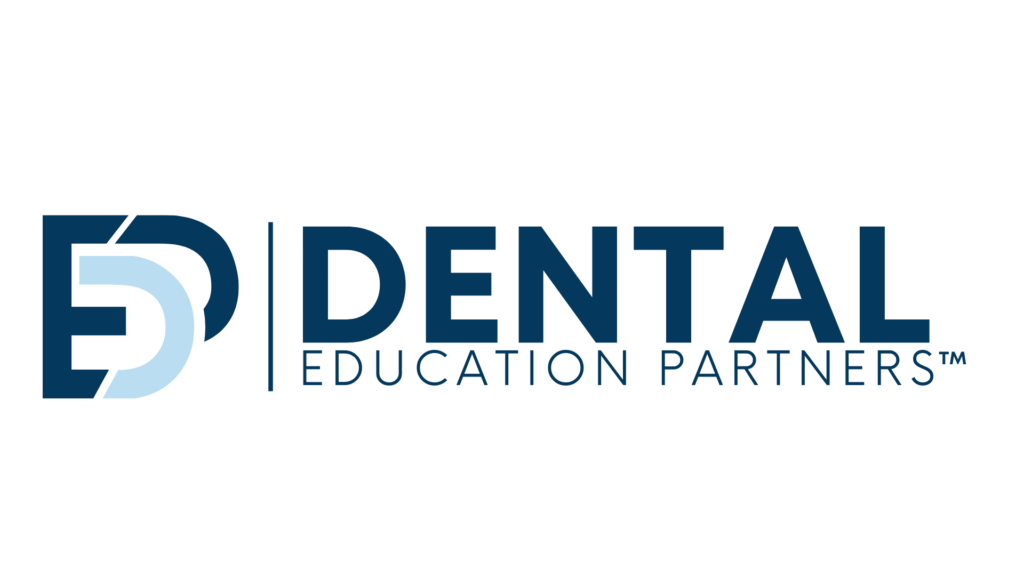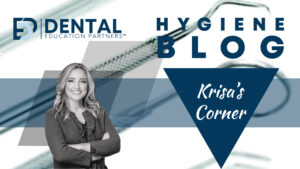In the realm of dental hygiene, success is not just about clinical skills and patient care—it is also about personal discipline and accountability. Whether you are a seasoned professional or a student aspiring to excel, mastering the art of holding yourself accountable can make all the difference in achieving your goals and advancing your career.
Understanding Accountability in Dental Hygiene
Accountability in dental hygiene goes beyond the basic responsibilities outlined in textbooks. It involves taking ownership of your actions, decisions, and outcomes. For a dental hygienist, this translates into consistently delivering high-quality care, adhering to ethical standards, and continuously improving one’s skills and knowledge base.
Setting Clear Goals: The first step in practicing accountability is setting clear, achievable goals. Whether it is completing a certification, improving patient education techniques, or enhancing clinical skills, having defined objectives provides direction and purpose to your efforts.
Creating Action Plans: Once goals are set, creating actionable plans is crucial. Break down larger goals into smaller, manageable tasks. For instance, if your goal is to implement a new patient education program in your practice, your action plan might include researching best practices, developing educational materials, and seeking feedback from colleagues.
Tracking Progress: Accountability requires monitoring your progress regularly. Keep a journal or use digital tools to track daily, weekly, or monthly milestones. This not only keeps you focused but also allows for adjustments if you veer off track.
The Role of Personal Discipline
Accountability and personal discipline are closely intertwined. Discipline is the bridge between goals and accomplishments—it is the daily commitment to the actions necessary to achieve your objectives.
Consistent Learning: In dental hygiene, staying current with advancements in technology, treatment protocols, and patient care techniques is essential. Allocate time each week for professional development activities such as attending webinars, reading research articles, or participating in workshops.
Time Management: Effective time management is another hallmark of personal discipline. Prioritize tasks based on their importance and deadlines. Use tools like calendars or productivity apps to schedule your day and ensure tasks are completed efficiently.
Self-Evaluation: Regularly assess your performance and identify areas for improvement. This could involve seeking feedback from supervisors or peers, conducting self-assessments of clinical skills, or reflecting on patient interactions to identify areas where communication or care delivery can be enhanced.
Overcoming Challenges through Accountability
In any career, including dental hygiene, challenges are inevitable. Accountability helps you navigate these challenges effectively, turning obstacles into opportunities for growth.
Handling Setbacks: Setbacks are learning opportunities in disguise. When faced with challenges such as patient dissatisfaction, clinical errors, or personal burnout, accountable individuals take responsibility, learn from mistakes, and implement corrective measures.
Seeking Support: Accountability does not mean you have to go it alone. Seek mentorship from experienced colleagues or join professional networks where you can exchange ideas, seek advice, and gain insights from others in the field.
Maintaining Motivation: Accountability keeps you motivated during both highs and lows of your career. Celebrate achievements, no matter how small, and use them as momentum to propel you toward bigger goals.
Cultivating a Culture of Accountability
As a dental hygienist, fostering a culture of accountability within your team or practice can enhance overall performance and patient satisfaction.
Lead by Example: Demonstrate accountability in your own work ethic and interactions with patients and colleagues. Your actions speak louder than words and can inspire others to do the same.
Encourage Open Communication: Create an environment where feedback is valued, and constructive criticism is welcomed. Encourage team members to hold each other accountable in a respectful manner, fostering a culture of continuous improvement.
Set Collective Goals: Collaboratively set goals that align with the mission and values of your practice. When everyone is working toward a shared vision, accountability becomes a collective effort rather than an individual responsibility.
In conclusion, accountability is not just a buzzword—it is a fundamental pillar of success in dental hygiene. By setting clear goals, maintaining personal discipline, overcoming challenges, and cultivating a culture of accountability, you can achieve your professional aspirations and deliver exceptional care to your patients. Embrace accountability as a guiding principle in your career and watch as your goals in dental hygiene become milestones of success.


